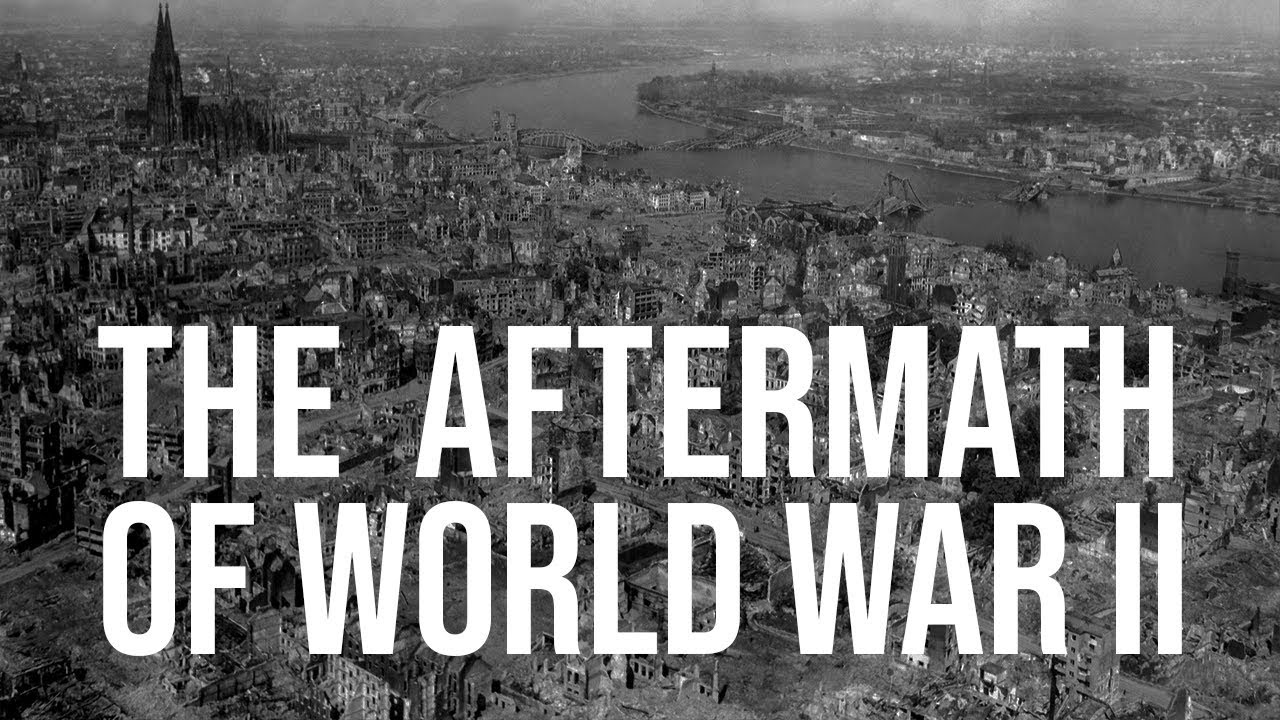World War II was, in many ways, a result of the flawed peace settlement at Versailles, though other causes, such as the Great Depression, also played a role.
The cold war following World War II was in some ways a continuation in another form of the war of 1939-1945, though it was also in part a reversion to the Western fear of Bolshevism so prevalent in the 1920s.
So troubled were international relations for the twenty years after 1919, and so closely in time did the second world war follow on the first, that the interval between the two is sometimes called the “twenty years’ truce.”
It is likely that historians in the distant future will consider the two wars really one war, as they now consider the wars of the French Revolution and Napoleon essentially one war; but for the present, most historians continue to use the accepted terms: World War I (1914– 1918) and World War II (1939-1945).

